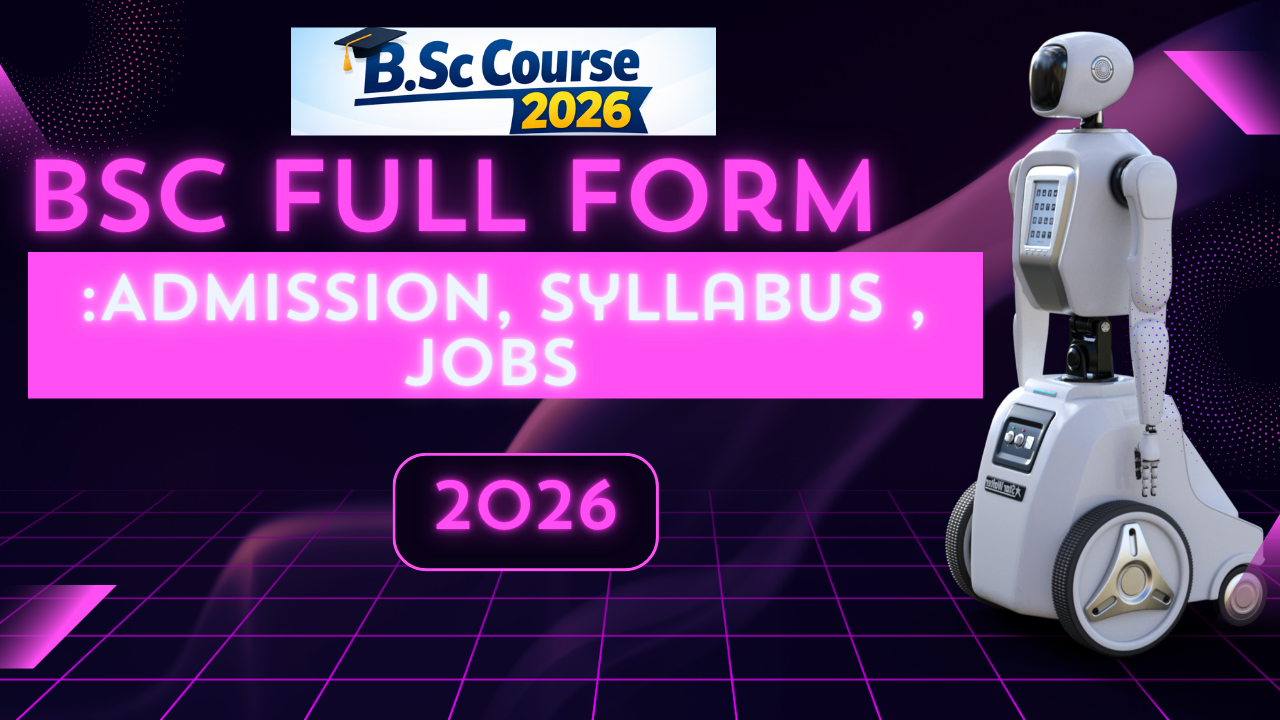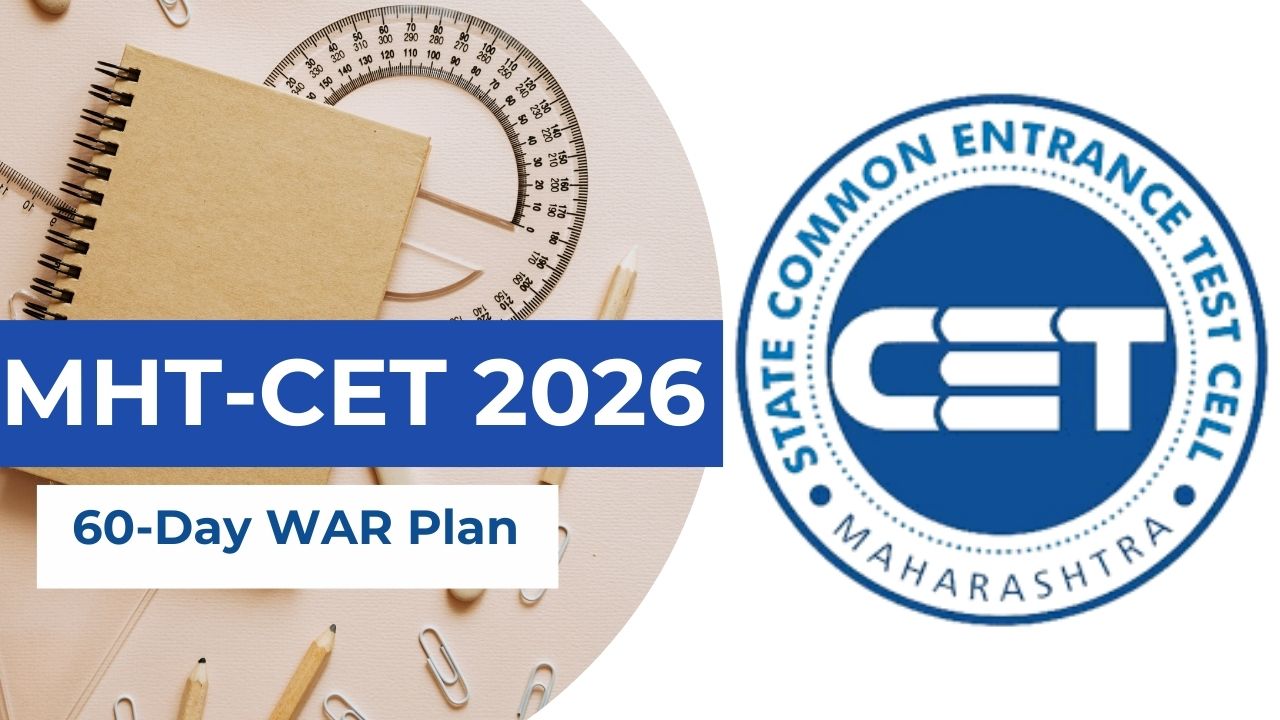Bhoomi Kaushik
Get Real Experts on your side
Before venturing to seek career counseling, answer a few basic questions so we can connect you with our best expert counselor for personalised guidance and mentorship.




Bhoomi Kaushik
28/01/2025
A data analyst plays a crucial role in interpreting complex data to help companies make data-driven decisions. If you're preparing for a data analyst interview, you should be ready to face a combination of technical, situational, and behavioral questions. To help you ace your interview, Here's a guide on common interview questions, what to expect, and how to prepare.
1. Tell Me about Yourself and Your Experience as a Data Analyst
This is a standard introductory question, and it sets the
tone for your interview. When responding, give a brief background of your
education, work experience, and key skills related to data analysis. Focus on
the tools, technologies, and methodologies you've worked with, such as SQL,
Excel, Python, or R. You should also mention the type of data sets you've
worked on and the impact of your work.
Sample Answer: "I
have a degree in Statistics and have worked as a data analyst for three years.
In my previous role at XYZ Corp, I utilized SQL for querying large datasets,
Python for data cleaning, and Tableau to create insightful dashboards. I'm
passionate about turning raw data into meaningful insights that help businesses
make informed decisions."
2. What Are the Key Responsibilities of a Data Analyst?
This question assesses your understanding of the role. A
data analyst is expected to collect, clean, and analyze data, create
visualizations, and report findings to stakeholders. Additionally, you should
be able to explain how these responsibilities support business objectives.
Sample Answer: "As
a data analyst, the main responsibilities include collecting, organizing, and
cleaning data to ensure accuracy. I analyze data to identify trends, outliers,
and actionable insights. I then communicate these findings through
visualizations and reports, helping stakeholders make data-driven decisions to
improve efficiency, sales, or other key performance indicators."
3. What Tools and Technologies Are You Familiar With?
A strong data analyst is proficient with multiple tools
used in the industry. Prepare to answer by listing the tools you have
experience with, and be sure to touch on the following: Excel, SQL, Python/R,
Tableau/Power BI, Hadoop, and other data visualization software.
Sample Answer: "I'm
proficient in Excel for data manipulation and analysis. I have used SQL
extensively for data extraction and complex queries. I've worked with Tableau
and Power BI to create actionable dashboards for data visualization. Additionally,
I'm familiar with Python for automating tasks and analyzing data using
libraries such as Pandas, Matplotlib, and Seaborn."
4. What is Data Cleaning, and Why is It Important?
Data cleaning is one of the most important tasks of a
data analyst. This question tests your understanding of its significance.
Sample Answer: "Data
cleaning is the process of identifying and correcting errors in data to ensure
its quality. This includes removing duplicates, handling missing values,
filtering out outliers, and ensuring the data is formatted properly. Clean data
is essential because inaccurate data can lead to misleading analyses and faulty
decision-making."
5. Describe a Challenging Data Analysis Project You
Worked On
Here, the interviewer is looking for insight into your
problem-solving skills. When answering, briefly explain the project, your
challenges, and how you overcame them to deliver results.
Sample Answer: "One
challenging project I worked on involved analyzing customer churn for a telecom
company. The dataset had a lot of missing values and inconsistencies. I first
handled the missing data using appropriate imputation techniques and then used
statistical methods to identify key predictors of churn. My analysis identified
a correlation between customer support interactions and churn, which helped the
company improve its customer retention strategy."
6. How Do You Approach Problem-Solving in Data Analysis?
Data analysis often requires troubleshooting and
experimentation. This question assesses your logical thinking and approach to
solving analytical problems.
Sample Answer: "I
approach problems methodically. First, I define the problem clearly by
understanding the business goals. Then, I collect and clean the relevant data.
After that, I perform exploratory data analysis to spot patterns or insights.
If necessary, I develop hypotheses and test them through statistical analysis.
Finally, I communicate the findings and recommend actionable solutions."
|
Undergraduate
Programs |
Post Graduate
Programs |
7. What Are Some Common Data Analysis Techniques You Use?
Employers want to know that you're familiar with various
data analysis methods. Your answer should mention exploratory data analysis
(EDA), regression analysis, Hypothesis testing, and clustering.
Sample Answer: "I often use
exploratory data analysis to understand the data structure and identify
patterns. For predictive analysis, I apply regression techniques to understand
relationships between variables. I also use hypothesis testing to validate
assumptions and cluster analysis to group similar data points, which helps in
segmentation and classification tasks."
8. How Do You Ensure the Accuracy of Your Analysis?
Accuracy is crucial in data analysis, and interviewers
want to be confident that you double-check your work and use the proper
methods. Mention strategies such as validating with domain experts, using
multiple data sources, or conducting repeat tests.
Sample Answer: "I
ensure the accuracy of my analysis by thoroughly cleaning the data, checking
for inconsistencies, and validating it against reliable sources when possible.
Additionally, I regularly use statistical techniques such as cross-validation
and run sensitivity analyses to test the robustness of my results."
9. Explain the Concept of Regression Analysis and Provide
a Real-World Example
Regression analysis helps to determine relationships
between variables. Be ready to explain this concept and relate it to a
situation that could be relevant for a company.
Sample Answer: "Regression
analysis is a statistical technique used to determine the relationship between
a dependent variable and one or more independent variables. For example, I
worked on a project using linear regression to analyze how advertising
spending, product quality, and price affected sales. By applying regression
analysis, we could predict future sales based on these variables."
10. What Are KPIs, and How Do You Track Them?
Key Performance Indicators (KPIs) are metrics that
organizations track to measure success. Ensure you demonstrate your
understanding and give examples of KPIs you've worked with.
Sample Answer: "KPIs
are quantifiable metrics used to assess the performance of a business towards
its goals. For instance, in a marketing project, I tracked KPIs like conversion
rates, customer acquisition costs, and return on investment (ROI) to gauge the
effectiveness of marketing campaigns. I use Tableau or Power BI dashboards to
visualize these KPIs, making it easier for stakeholders to monitor business
performance."
11. How Do You Handle Data Visualization?
Visualization is Key to communicating your findings.
Prepare to talk about the visualizations you use and why they're effective.
Sample Answer: "I handle data
visualization by choosing the most appropriate type of chart or graph based on
the analyzed data. For trends over time, I use line charts; for part-to-whole
relationships, I prefer pie charts; and for comparing categories, bar charts
are effective. I use tools like Tableau and Power BI to create interactive,
user-friendly dashboards that help stakeholders Understand the insights at a
glance."
Brush
Up on Your Technical Skills:
Understand
Business Context:
Stay
Calm during Behavioral Questions:
Conclusion:
Preparing for a data analyst interview requires a
combination of technical prowess, problem-solving abilities, and effective
communication. By studying common questions, showcasing your experience and
technical expertise, and demonstrating how you make an impact through your
analyses, you'll be ready to impress your potential employers and land your
next data analyst role!









.png)











.jpg)


.jpg)




.png)







.png)

.png)




.png)

.png)
.png)



.png)

.png)


.png)

.png)


.png)

.png)

.png)
.png)

 (1).png)



.png)

.png)
.png)


.png)


.png)


.png)

.png)







.png)





.png)


.png)














.png)













.png)




.jpg)






.png)




.png)


.png)
.png)
.png)
.jpg)



.png)


.png)
.png)
.png)



.png)











.png)
.png)



.png)


.png)
.png)


.jpg)







.jpg)









.jpg)





.png)


.jpg)



Before venturing to seek career counseling, answer a few basic questions so we can connect you with our best expert counselor for personalised guidance and mentorship.
